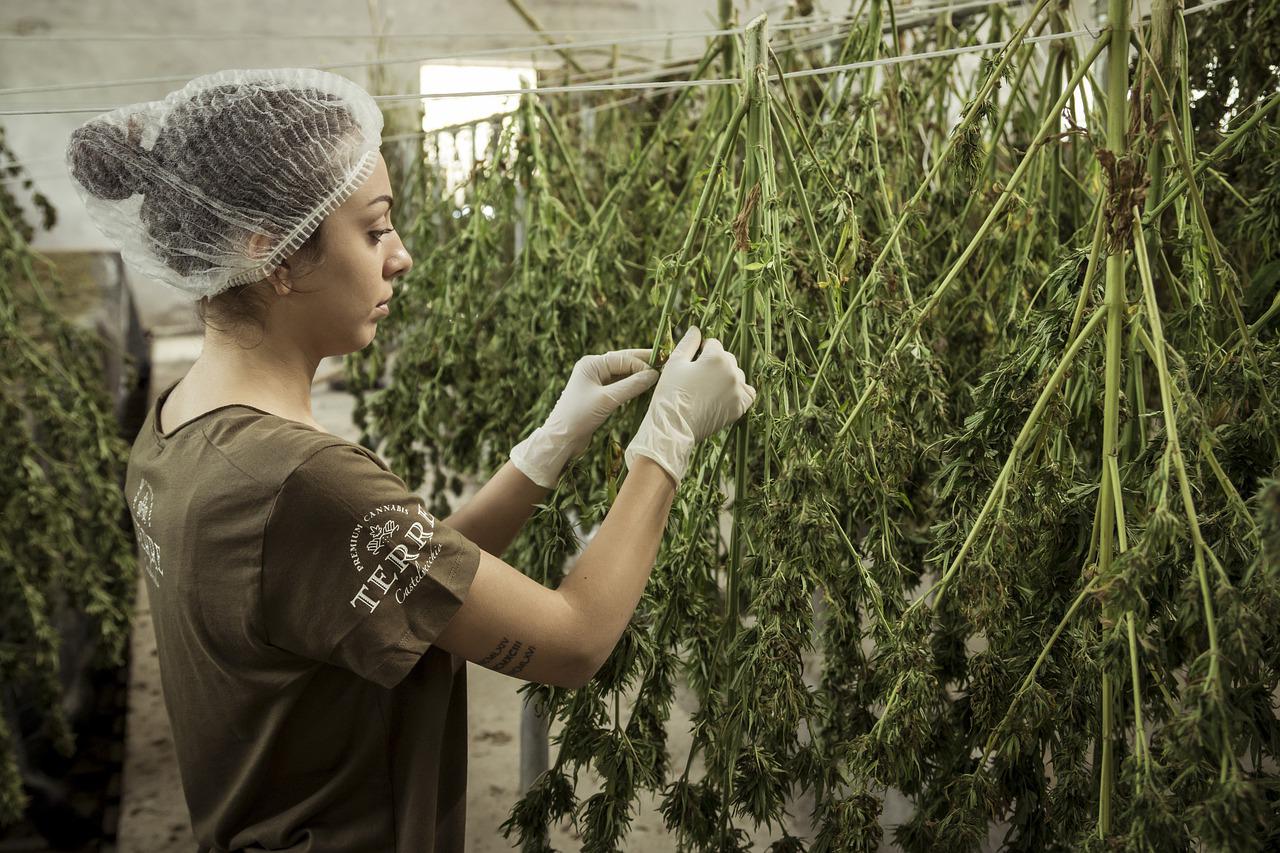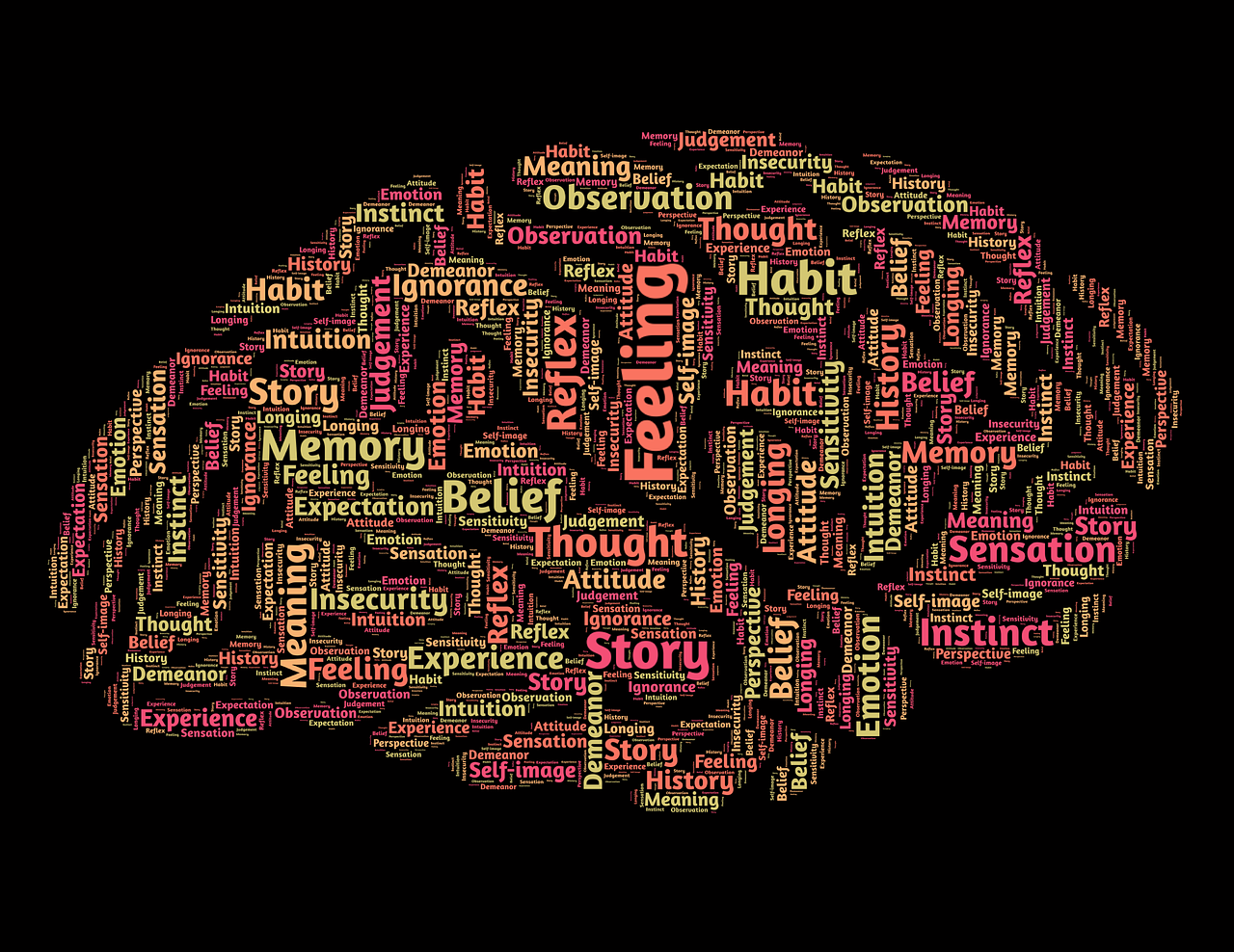Does CBD oil have an addictive effect?
In a recent study, CBD reduced the consumption of heroin in lab rats.
Moreover, the substance lowered the impulsivity and anxiety of the animals. Likewise, a 2019 study in the American Journal of Psychiatry showed that CBD helped heroin addicts curb their cravings and reduce their anxiety.
However, the effects of CBD on relapse and recovery from addiction remain unknown.
Until further studies are conducted, it is still unclear if CBD has any effect on these addictive behaviors.
Addiction is a mental disorder characterized by an insatiable urge to use a drug. Withdrawal from a drug may produce unpleasant physical or psychological symptoms, making it very difficult to resume normal activities. Cannabis dependence is often caused by the high concentration of THC, the psychedelic compound in marijuana. However, CBD oil contains very little or no THC, and the level of THC varies from one individual to another.
Because CBD oil is different for different people, some users may experience adverse effects.
Furthermore, the product labels may be misleading.
So, Is CBD Addictive? Check Out This Video
As of 2018, no controlled studies have been conducted in humans on the effect of CBD on addictive behavior.
Although CBD shows some promising effects on psychostimulant and cocaine addiction, further studies are needed to test the effectiveness of CBD as a treatment for addiction. The results of this study may help us understand the mechanisms involved in drug addiction. In addition to this, it may also be useful for other purposes, including the prevention of neurotoxicity and stress vulnerability.
While the long-term effects of CBD oil are not yet understood, it may be useful for people who have difficulty quitting smoking and alcohol addiction. Although heavy cannabis use can increase the chances of dependency, CBD appears to be a natural alternative for many people who seek relief from addiction.
This substance helps prevent addiction by preventing other substances from being addictive.
CBD may even help you stop smoking altogether. And because it is natural, CBD oil is a great option to conventional products.


